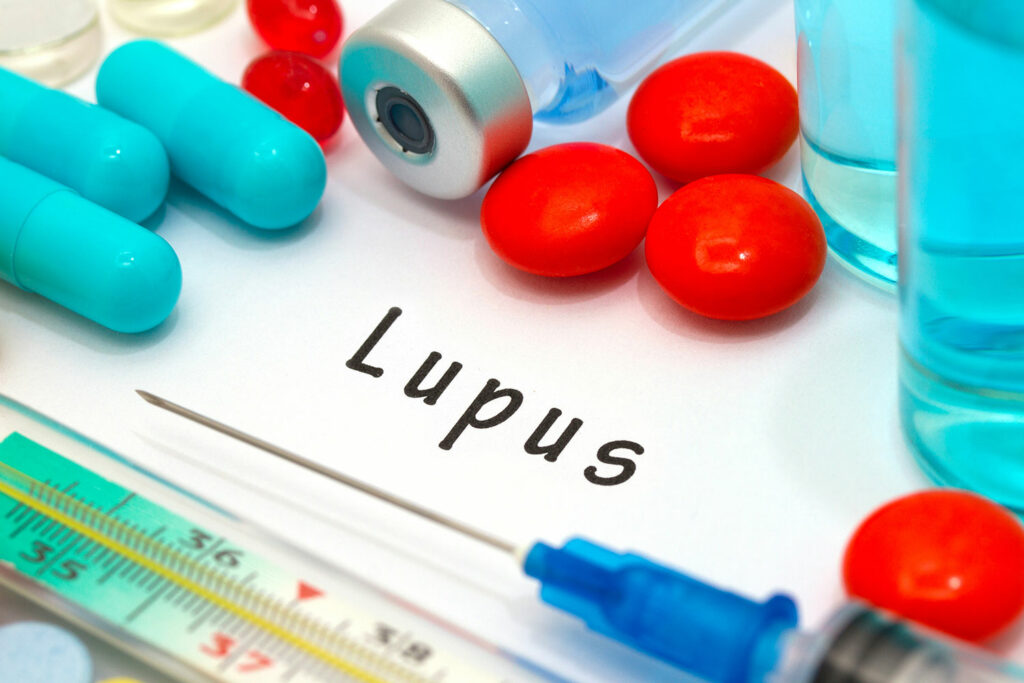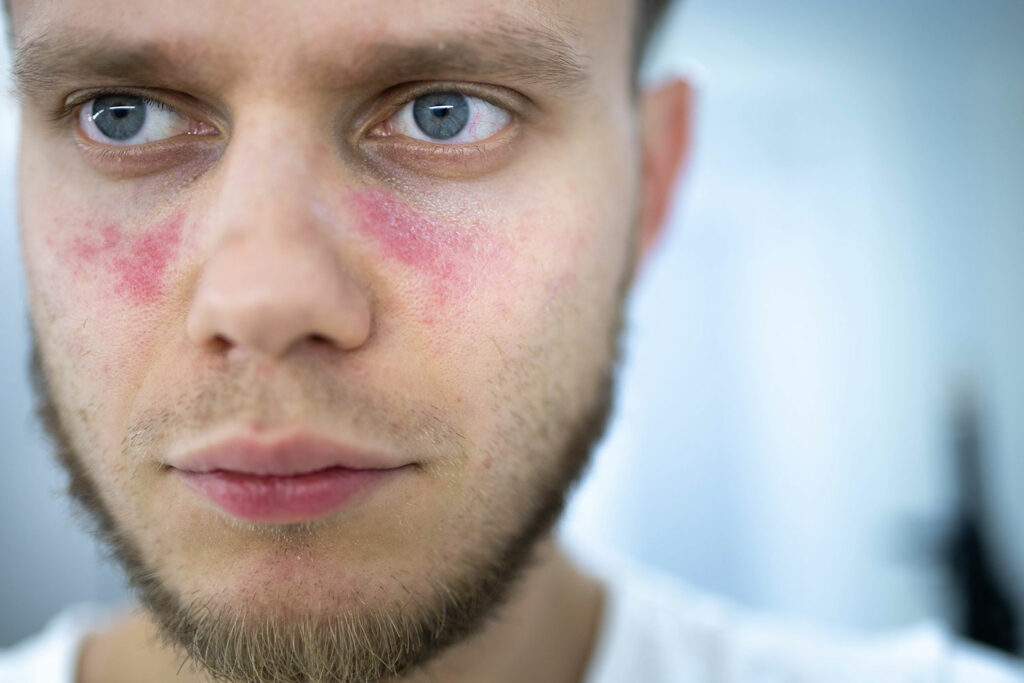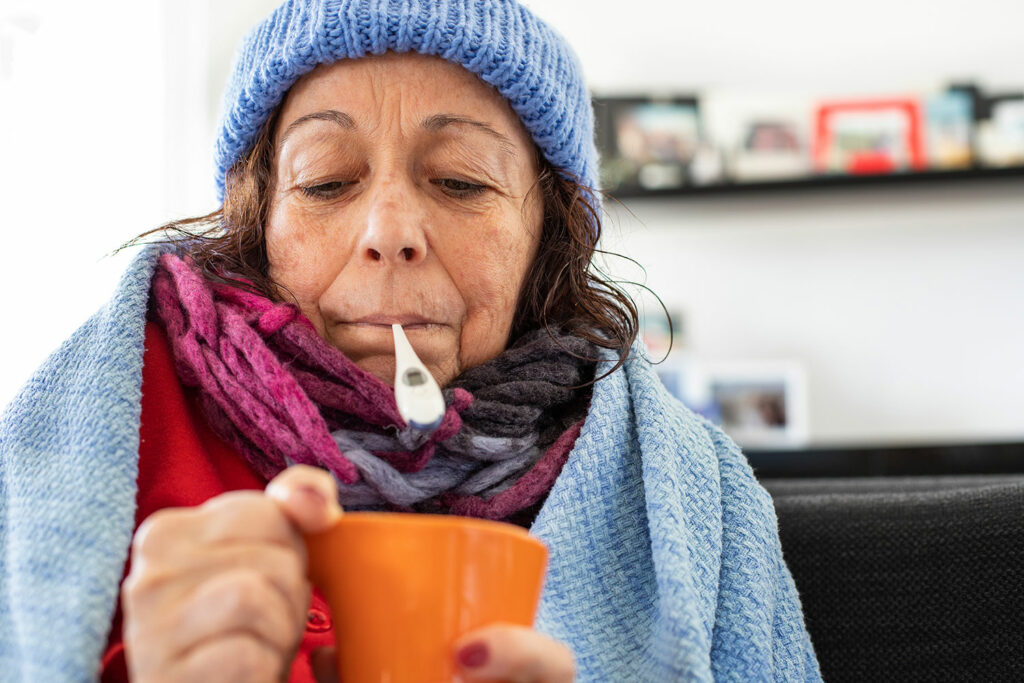Protecting Yourself from Infections When Living with Lupus
If you are one of the estimated 1.5 million Americans currently living with Lupus, you know your condition puts you at increased risk for various infections.
Despite improved prognosis for the disease, infections continue to be a leading concern, especially if you are on immunosuppressive medications, which can further impair your immune system’s ability to fight infections.
Therefore, infection prevention is of vital importance for people with Lupus.
Watch the Video: Protecting Yourself from Infections When Living with Lupus
The following are great tips for protecting yourself from infections when living with lupus.
Increased Risk of Infection
Harmful micro-organisms, such as bacteria and viruses, are abundant in our environment. People with healthy immune systems can fight these invaders more effectively than people with Lupus.
The risk of infection is different for everyone due to genetic risk factors and can change over the years as the disease progresses. However, two primary reasons can explain the increased risk in the majority of patients:
- The way Lupus affects your immune system can sometimes limit your body’s ability to fight bacteria and viruses that cause infections. In other words, the disease makes you more prone to getting infections.
- Disease management often involves immunosuppressive drugs to help stabilize your overreactive immune system. However, these drugs can significantly limit your body’s ability to fight off harmful micro-organisms.

Common Types of Infections in Lupus Patients
The most common types of infection affecting Lupus patients include:
- Respiratory tract infections
- Skin infections
- Urinary tract infections
Additionally, if you have Lupus, you could also have an increased risk of shingles caused by the same virus as chickenpox and Candida (yeast). The condition can also make infections last longer and lead to infection-related complications.

Warning Signs

Sometimes, it may not be easy to distinguish an infection from a disease flare-up, especially if you experience fever and inflammation. Therefore, it’s crucial that you speak with your doctor when you develop any sign of infection.
If you develop a fever of 100°F or higher, contact your doctor as soon as possible, especially if you take corticosteroids, as a fever can signal a lupus flare or an underlying infection.
Ways to Protect Yourself from Infection

The following tips can help you protect yourself against viral and bacterial infections.
- Avoid contact with anyone with a cold, flu, or COVID-19
- Wash your hands to lower the transmission of infectious micro-organisms
- Continue to wear a mask in closed public areas, including work offices and public transport
- Talk to your doctor about the use of preventive antibiotics before getting any dental work or undergoing surgery
- Treat and disinfect any cut or scrape promptly
- Maintain a high standard of personal hygiene
- Keep your home and office clean, disinfecting surfaces regularly
- Avoid using items that could harbor germs, including old or dirty kitchen sponges
- Eat a well balanced and nutritious diet to help maintain a healthy immune system
- Talk to your doctor about getting the annual influenza (flu) and pneumococcal vaccine
If you are seeking more ways of protecting yourself from infections when living with lupus, please feel free to recommend Altus Biologics to your physician.




